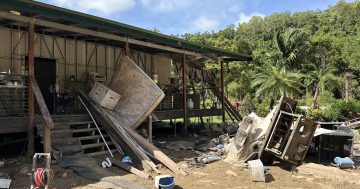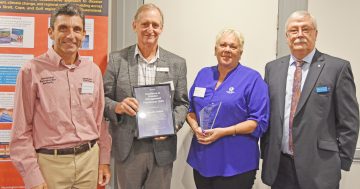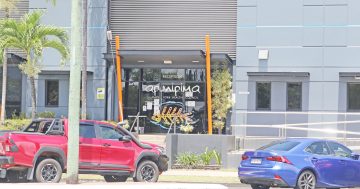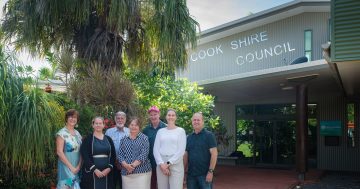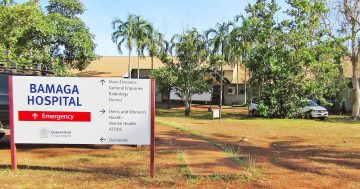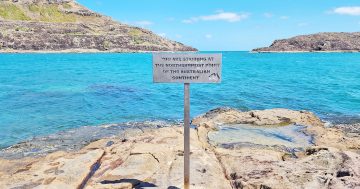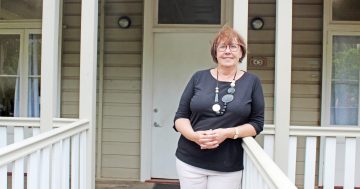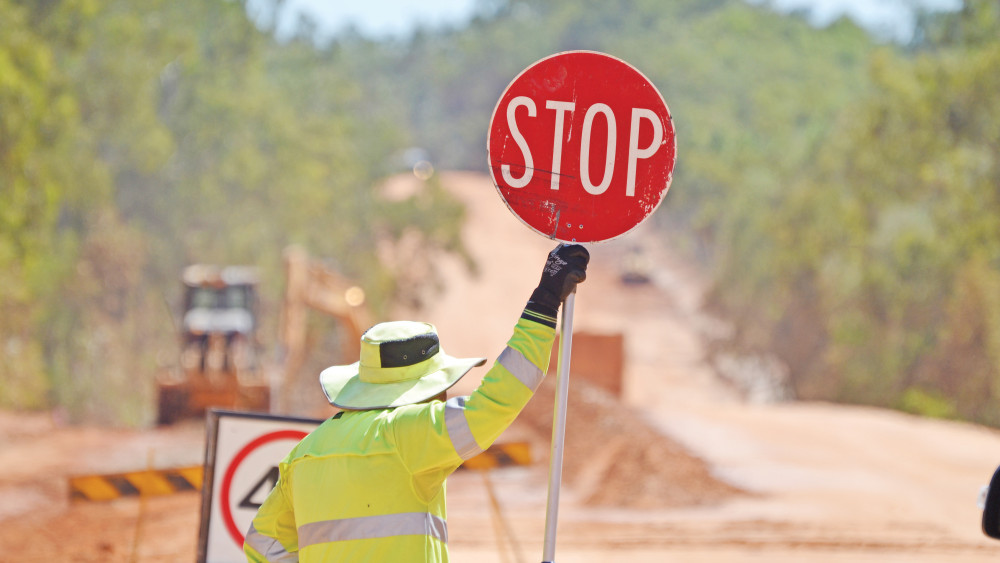
A PROPOSAL to give greater powers to local disaster management groups during public health crises will keep Cape communities safer, a long-time mayor says.
The idea emerged during an external review commissioned into Torres and Cape Hospital and Health Service’s response to the COVID-19 pandemic.
If endorsed, the scheme could be the first step towards stripping the federal government of its power to thrust the Cape into extended lockdowns.
Cook Shire mayor Peter Scott, who pitched the idea during a phone hook-up last week, said under the Biosecurity Act, health bodies had too much control during the early stages of the pandemic.
Under Cr Scott’s plan, a health emergency would be treated like a natural disaster, with government agencies working together.
“It’s a tried and true process,” the mayor said.
“We were disappointed that the response to COVID wasn’t undertaken through the disaster management protocols.
“There’s an existing structure where agencies come together and the feedback takes into account the idiosyncrasies of particular communities.
“It’s fed up to the state body from there.”
The revised process would create more checks and balances and give emergency service providers, including councils, more input.
“It creates a feeling that it’s community driven. With the Act it feels very top-down from the community perspective and driven from Canberra,” Cr Scott said.
“Health did a fantastic job but we’ve got an opportunity to review the framework and we don’t want to be asking people to do things they haven’t got the faintest idea how to do.”
Starting in March 2020, Cape York spent more than three months in lockdown with movement strictly limited to essential travel.
Kowanyama mayor Robbie Sands said the sense of isolation took a significant toll on his community’s mental health.
“Back in 2020, as a newly elected mayor, the Biosecurity Act was needed because COVID was an unknown (threat),” Cr Sands said.
“But as time went on, voices in the community became louder to lift the biosecurity zone. Our people were expressing issues about how it was affecting their emotional wellbeing.
“We were seeing other areas where it was business as usual.
“That time period caused a lot of stress for our people.”
The calls come as Queensland Senator Matt Canavan lobbies for a Royal Commission into the Australian government’s response to the global pandemic.
“You’ve got to remember all of the lockdowns, border closures – you couldn’t even leave the country for a while – there was no vote, no debate, not even a motion on those decisions,” the LNP Senator said.
“They were all made by decree of the Health Minister.
“That’s dangerous in a parliamentary system. There should be a review mechanism built in on decisions of such consequence.
“I do think there was an over-reliance on public health experts to the exclusion of other issues like the mental health impacts of lockdowns.
“Almost always, decisions like this involve people not being able to work, travel, or see sick loved ones. We need to look at that.”
In a statement, TCHHS said it hoped the review would lead to better processes.
“We have engaged an external contractor as part of the process to ensure objectivity and transparency,” executive director for medical services, Dr Marlow Coates said.
“We are engaging with those involved in our COVID-19 response; our staff as well as external stakeholders such as local councils and non-government organisations.
“It is expected that the review will take approximately eight weeks. The findings will be shared with everyone involved in the review.”


